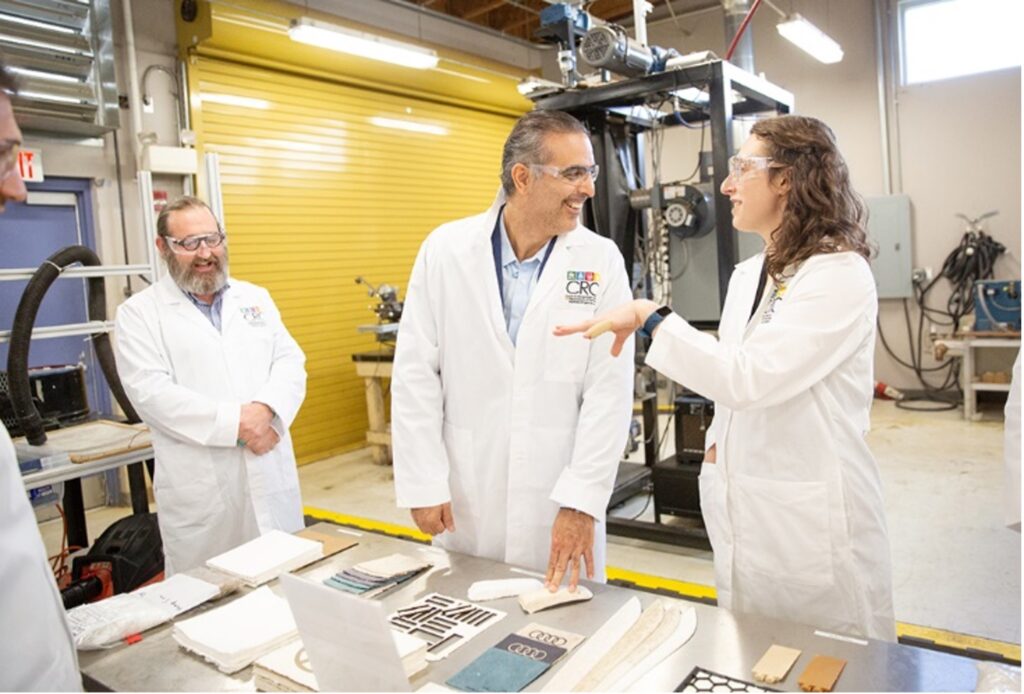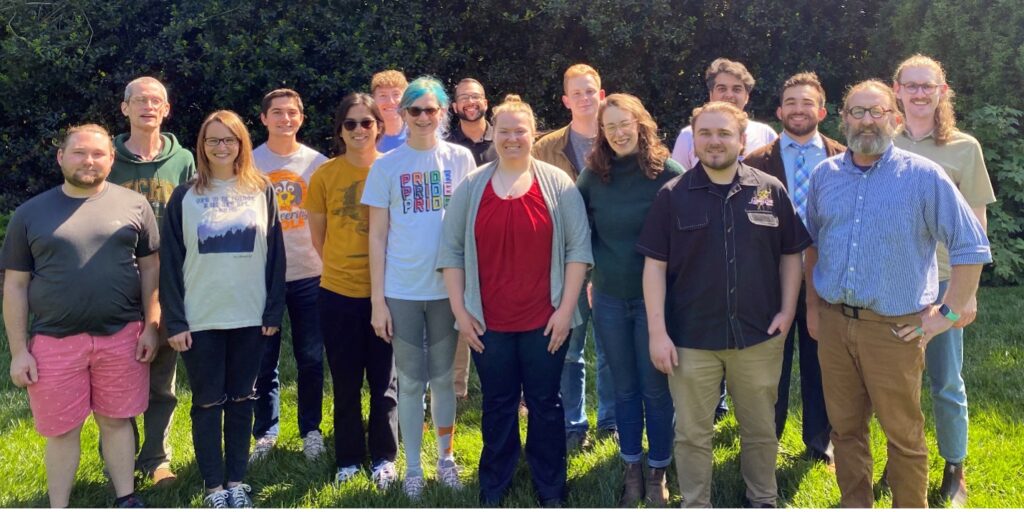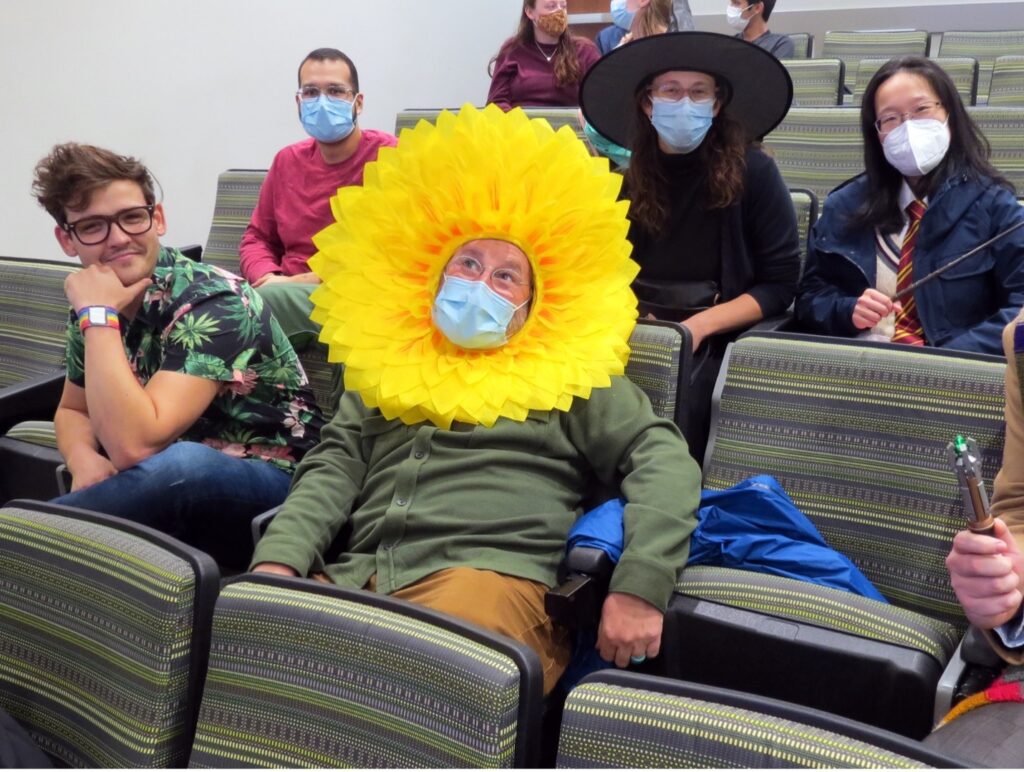
Written by David Keffer.
Professor David Harper exemplifies the value of successful interdisciplinary research at the University of Tennessee. A physicist (BS) and civil engineer (PhD) by training, Harper joined the faculty in the Department of Forestry, Wildlife, and Fisheries within the Herbert College of Agriculture in 2004 and quickly became an integral part of the research endeavor in the Center for Renewable Carbon (CRC), the Materials Science and Technology Unit on the campus of the University of Tennessee Institute of Agriculture.
Harper’s approach to research embodies the quintessential blending of many elements, including fundamental science, industry input, emphasis on student education, and collaboration with many stakeholders, including chemical, civil, and materials engineers in the Tickle College of Engineering, techno-economists, and members of the Tennessee agricultural community.
His relationship with the Center for Materials Processing is a natural one: much of his research involves developing processing-structureproperty-performance (PSPP) relationships for materials sourced from renewable feedstocks. In a nutshell, a PSPP relationship describes how the processing of a raw material influences its structure from the nanoscale through the macroscale. This structure, in turn, dictates the material properties that ultimately determine how a device made from those materials performs in service.

Harper’s expertise involves converting abundant and cheap plantbased feedstocks into high-value nano-structured materials targeted for diverse applications, including battery anodes, supercapacitor electrodes, ion capture for environmental remediation, light-emitting-diodes for electronic displays, and membranes for carbon sequestration.
Harper has a keen interest in the sustainability of materials. He keeps an eye on all aspects of sustainability: people, prosperity, and the planet. Environmentally, his group looks to replace fossil-fuel based plastics with plantderived plastics for applications as wide-ranging as the 100% recyclable automobile to a new generation of non-toxic and fully biodegradable plastic fishing lures. Economically, he strives for scalable and inexpensive processing so that the materials emerging from his lab are viable to industry. Societally, for the past two decades, he has been training young scientists and engineers to develop sustainable materials before sending them out to work toward material solutions to some of the world’s toughest challenges in the areas of renewable energy and climate change.

Harper is a firm believer in engaging both graduate and undergraduate students in the research endeavor. At any given time, he may have half a dozen or more undergraduate students embedded in research at the CRC, many receiving support from CMP. The students are drawn to opportunities to satisfy their desire to participate in work that addresses sustainability while expanding their repertoire of technical skills. Many of these students present their work at poster sessions and co-author papers published in technical journals. Having discovered their zeal for research at the CRC, some of these students head off to graduate school after graduation.

Graduate students also thrive under Harper’s mentorship. One example of a student who received support from the CMP during her dissertation work is Lu Yu. Her research converted lignin, a waste stream from the pulp and paper industry, into nanostructured activated carbon with uses in energy storage and environmental remediation. For her research, Yu was recognized in 2022 as an outstanding wood scientist by the International Academy of Wood Science, an award that would have been impossible without Harper’s guidance.
At CRC, Harper continues to blend university research with the needs of industry. His work with Volkswagen is an on-going collaboration. MSE PhD student Cece Grubb is developing new materials for plastic automobile components that are plantbased and fully recyclable, an essential step to Volkswagen’s goal of the carbon neutral and 100% recyclable automobile.
While the technical accomplishments of Harper’s research are impressive, he also has created a culture in the CRC where everyone—graduate students, undergraduate researchers, staff, and collaborating faculty—can reach their full potential, not only as researchers but as human beings. Students want to work with Harper. They are comfortable being themselves as they discover not only new materials but also find their unique path toward using materials to make the world a better place.